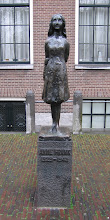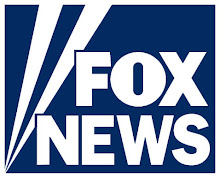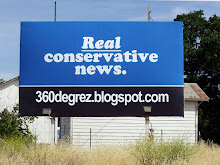 To understand why jobs are so scarce, consider that employers and consumers share something in common: They're reluctant to spend freely.
To understand why jobs are so scarce, consider that employers and consumers share something in common: They're reluctant to spend freely. Employers won't hire until consumers spend more. And consumer won't spend more until jobs seem secure.
Therein lies the standoff that helps explain the weakness of the recovery and the depth of the jobs crisis. Each side - employers on one, consumers on the other - is waiting for the other to spend more. Until then, the recovery will likely feel shaky. And job openings will be few.
Which side will spend first?
Many economists predict it will be businesses. Sometime this year, many companies are likely to decide they must replace worn-out equipment or they can't squeeze any more output from their existing staff, according to estimates from Moody's economy.com and IHS Global Insight. Some will then ramp up hiring.
Yet business expansion and hiring are likely to remain so modest that it could take until 2011 or 2012 for consumers to respond by opening their wallets wide, Moody's economy.com and IHS Global Insight predict. Once they do, households are expected to finally unleash a pent-up demand for appliances, clothes and cars.
Until then, consumers and employers will likely remain wary of hiring or spending much. The jobless rate, now 9.7 percent, will stay high. And employers will create nowhere near the roughly 10 million jobs that economists say are needed to restore the job market to its pre-recession health.
"There's a little bit of a standoff - a chicken-and-egg problem," said Robert Reich, a professor of public policy at University of California, Berkeley.
Reich holds out the possibility the stalemate will end soon. But short of a major industrial innovation - some new energy technology, for instance - he thinks businesses will remain slow to hire and consumers wary of spending freely for most of this year.
The government likely won't help much. Stimulus spending is waning. So are the Federal Reserve's emergency support programs. That leaves more of the job-creation burden for employers and consumers.
Yet companies are hoarding cash. And consumers - squeezed by flat wages, a tight job market and shrinking home equity, and loath to take on more debt - are stashing away savings and paring debt. They did begin to spend more in the past few months. But only slightly so.
Jobs aren't likely to be created without robust consumer spending because shoppers fuel about 70 percent of economic activity.
Since the financial crisis erupted, consumers have focused on saving. In 2009, the U.S. personal savings rate reached 4.3 percent, the highest since 1998.
Companies, meanwhile, are "sitting on a mountain of cash," said Nariman Behravesh, chief economist at IHS. The volume of cash U.S. corporations have on hand equals about one-tenth of the annualized gross domestic product over the past 12 months - near a record high, according to an IHS analysis of Commerce Department data.
Eventually, businesses will need to replace old equipment or invest in projects that were delayed by the recession. And at some point, they won't be able to get their employees to keep producing more.
Productivity rose by an outsize 6.9 percent last quarter. The productivity gains will eventually slow. Hiring would be needed to boost output.
Steven Fazzari, economics professor at Washington University in St. Louis, cautions that even if companies ramp up spending this year, they will eventually pull back unless consumer demand responds with enough punch to justify further hiring and investment.
Corporate investment in computers and office furniture did rise in the second half of 2009. Yet companies remain reluctant to invest in major projects that would require adding workers.
Moody's economy.com; IHS Global Insight; University of California, Berkeley; Washington University - St. Louis; The Wall Street Journal; AP.































No comments:
Post a Comment